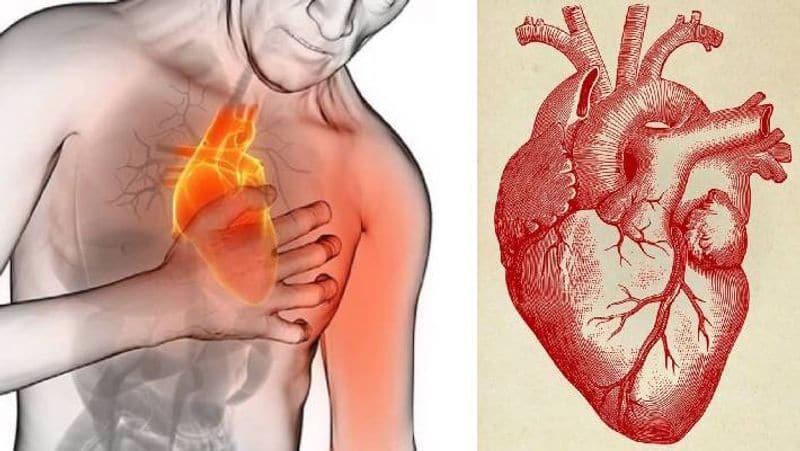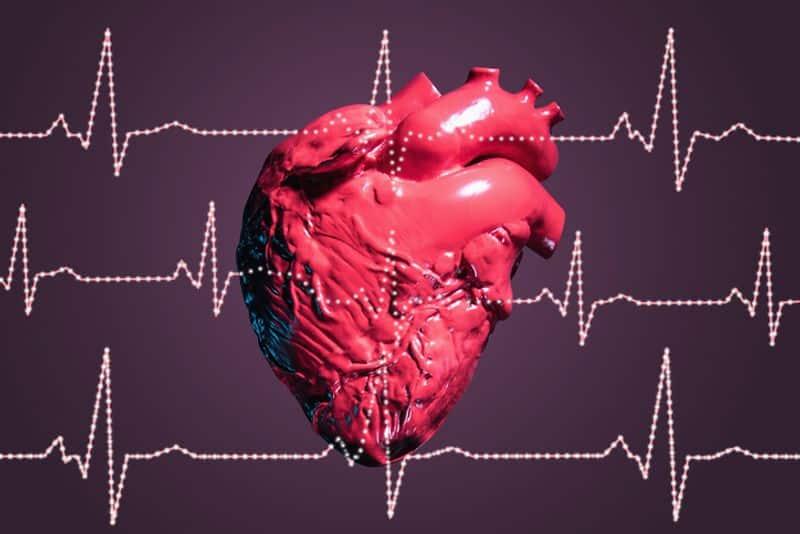
Understanding Heart Valve Disease: Symptoms, Diagnosis, And Life After Valve Replacement Surgery
- Why a heart valve becomes diseased?
In our country, most of the heart valve diseases are due to Rheumatic heart disease. Rheumatic heart disease is caused by a bacteria known as Beta Haemolytic Streptococcus. This usually affects children of school-going age and causes infection in the throat. Later on, it affects the heart and damages the heart valves. Other than rheumatic heart disease, some congenital diseases of the heart valves, like Bicuspid aortic valve, Mitral valve prolapse, etc., are also some of the causes of heart valve disease. Heart valves are also affected by infections like endocarditis. In elderly people, Degenerative heart valve diseases are also seen. Because of the diseases, the heart valve may become narrow and constricted (also called stenosis) or dilated and leaky (also called regurgitation).
Also Read:
Why you should practice Anulom Vilom daily for better health and wellness
- What are the Symptoms of Heart valve disease?
Symptoms of heart valve diseases depend on the valve affected and the extent of the disease of the valve. Usually, the common symptoms like Breathlessness, Easy fatigue, palpitations, fast heartbeat, swelling of the feet, etc, are seen in most valvar heart disease patients.
- How a heart valve disease is diagnosed?
Most heart valve diseases can be diagnosed by the doctor by examining a patient with a stethoscope. The diagnosis of heart valve disease is confirmed and its severity is assessed with X-ray of the chest, ECG & Echocardiography.
What medical interventions are available to address heart valve disorders?
Initially, heart valve diseases are treated with medicines. These medicines alleviate the patient's symptoms to some extent. However, heart valve disease is a progressive disease, and after some years, most patients require Heart valve replacement surgery. In some Mitral stenosis patients, Balloon Mitral Valvetomy treatment also works well.
What is heart valve replacement surgery?
Heart valve replacement surgery is an open-heart surgery in which the diseased valve from the patient's heart is removed, and an artificial heart valve is implanted in its position. Two types of artificial heart valves are available (a) Mechanical or metallic valves, (b) Bio prosthetic valve or Tissue valve. Usually, mechanical valves are implanted in patients of younger age groups, and tissue valves are implanted in patients older than 60-65 years. However, many other factors are also considered while choosing an artificial valve for a patient. Mechanical heart valves last for the patient's entire life whereas Tissue valves have a lifespan of 15 to 20 years.
Also Read:
Become professional sleep intern! Wakefit is offering upto Rs 10 Lakh for sleeping 8 hours per day
- Is heart valve replacement surgery dangerous?
Heart valve replacement surgery is an open-heart surgery and carries the usual risks of any open-heart surgery. However, with the present advancements in Cardiac surgery the success rate in valve replacement surgery is nearly 100%.
Can Valve replacement surgery be done without a large incision over the chest?
Now a day with the advancement of cardiac surgery, we can do valve replacement surgery by minimally invasive or 'key hole' technique, through a tiny incision over the side of the chest. This surgery is also available in many cardiac surgery centres and by this time many valvar heart disease patients have benefited from this technique. In a minimally invasive technique, the patient need not be afraid of a large scar over the chest. As the incision is tiny, it heals quickly and the patient also gets minimal pain after surgery. The hospital stay is also less in this technique and the patient can return to his occupation in about 2 weeks.
Can a person lead a normal life after Heart valve replacement surgery?
With regular medical check-ups every 3 to 4 months and by taking a few medicines, a person can lead an absolutely normal life and pursue his or her occupation after Heart valve replacement surgery.
-
Dr Biswajeet Mohapatra, Consultant, Cardiothoracic & Vascular Surgery, Manipal Hospitals, Bhubaneswar
Legal Disclaimer:
MENAFN provides the
information “as is” without warranty of any kind. We do not accept
any responsibility or liability for the accuracy, content, images,
videos, licenses, completeness, legality, or reliability of the information
contained in this article. If you have any complaints or copyright
issues related to this article, kindly contact the provider above.


















Comments
No comment